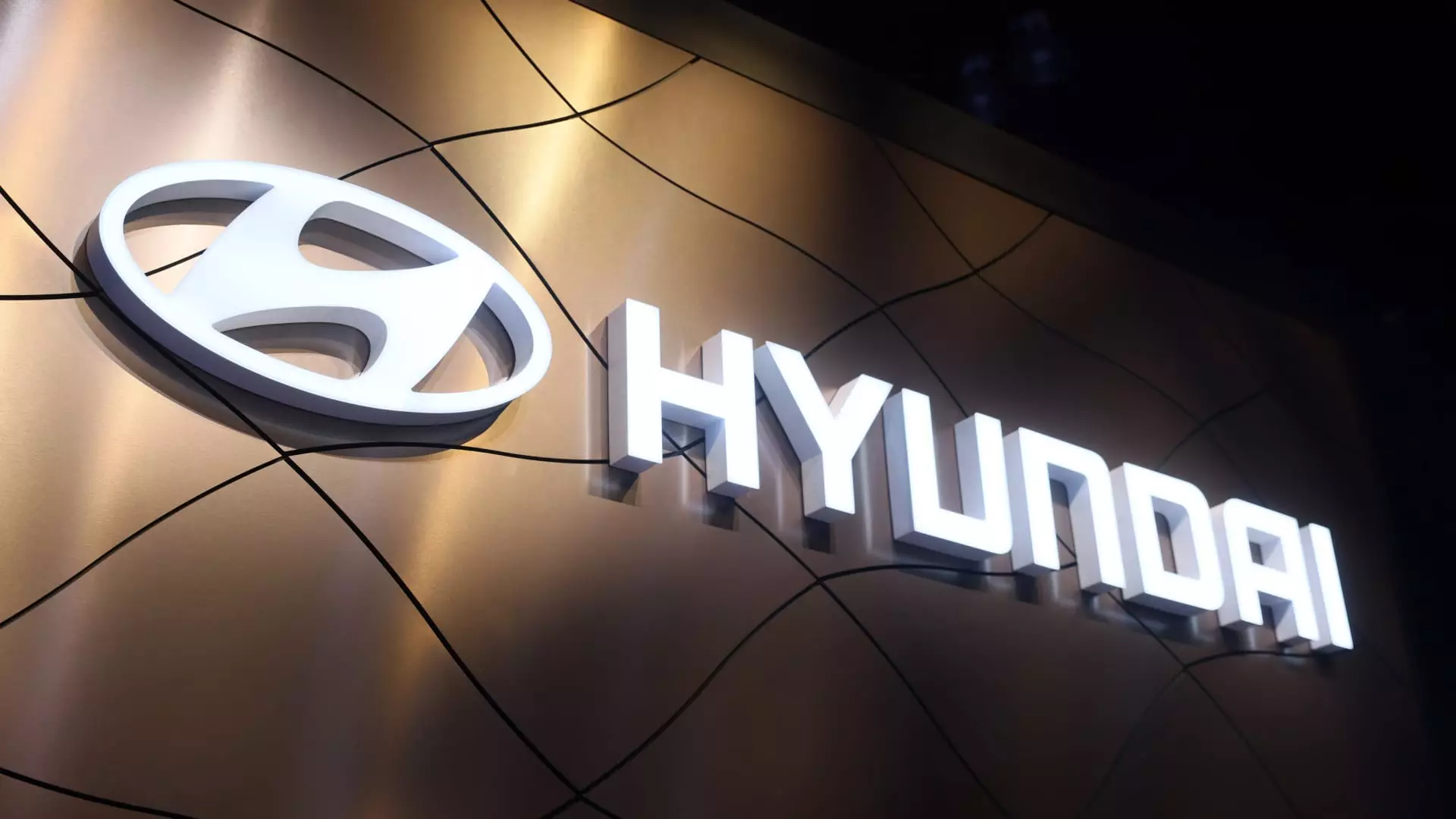In a significant move that has raised concerns about vehicle safety, Hyundai Motor North America recently announced a recall affecting over 42,000 of its vehicles. This arises from a wiring flaw that can lead to unexpected rollaways, particularly impacting the 2025 Hyundai Santa Cruz and Tucson models. A notice issued by the National Highway Traffic Safety Administration (NHTSA) outlined the specific risks tied to this defect, prompting immediate attention from both the company and its customers.
The crux of the recall lies in a transmission issue where vehicles can inadvertently shift out of “park” without the necessary engagement of the brake pedal. Such a malfunction not only poses a risk of the vehicle rolling away but also heightens the likelihood of accidents that could result in injury. The NHTSA estimates that about 1% of the vehicles in this recall could harbor the defect, which raises serious questions about manufacturing protocols and quality assurance procedures at Hyundai.
The recall encompasses all 2025 Hyundai Santa Cruz and Tucson vehicles sold in the United States, revealing a notable number of affected units: over 35,500 Tucson SUVs and approximately 6,900 Santa Cruz pickups. Such statistics illuminate the extent of the oversight and underscore the importance of rigorous testing and evaluation in the automotive industry, especially in increasingly complex vehicle systems.
As the recall process unfolds, the NHTSA has advised vehicle owners to remain vigilant in how they park their cars during this interim period. Specifically, they recommend using the parking brake as a precautionary measure against any accidental rollaways. It is somewhat disconcerting that despite the recognition of this defect, owners are advised to continue driving their vehicles until the problem is rectified. With a market priced at over $33,000 for the Santa Cruz and more than $28,000 for the Tucson, these are significant investments for consumers who must now grapple with safety concerns.
Hyundai has promised that affected owners will receive informational letters as early as January 19, 2025. Additionally, the company has committed to restructuring the console extension wiring assembly at no cost to the vehicle owners. However, this situation may still leave many consumers feeling uneasy, given the potential dangers associated with a vehicle that is capable of rolling away unexpectedly.
Discovery and Industry Implications
The defect was first recognized in late October when a report was issued concerning a 2025 Tucson model belonging to a corporate fleet, which autonomously moved while parked. This initial report triggered a closer examination by Hyundai’s North American Safety Office (NASO), eventually leading to broader discoveries affecting the Santa Cruz models. The timeline illustrates how essential vigilance and rapid response are when consumer safety is at stake, highlighting a need for constant monitoring of vehicle performance both in laboratory conditions and in real-world use.
The situation takes on additional weight given that this is not Hyundai’s only current recall. Recently, the company also faced the challenge of recalling over 145,000 electric Genesis and IONIQ vehicles due to issues with their integrated charging control units (ICCU). Such patterns of recalls raise pertinent questions about the overall safety culture and engineering practices within the company.
The recent recall from Hyundai underscores a pressing need for greater accountability and transparency within the automotive industry. As vehicles become increasingly sophisticated, manufacturers must ensure their production standards are equally advanced to avoid lapses that could compromise consumer safety. The ongoing response from Hyundai will undoubtedly be scrutinized as consumers seek reassurance that their vehicles are safe. Furthermore, the company’s commitment to address and rectify these issues will be critical in restoring trust and confidence among its customer base.
As this situation develops, it serves as a reminder that the automotive industry is not only about innovation and performance but also about ensuring the safety and well-being of its consumers first and foremost. As Hyundai navigates through these challenges, the emphasis must remain on rigorous safety protocols to prevent future occurrences.


Leave a Reply